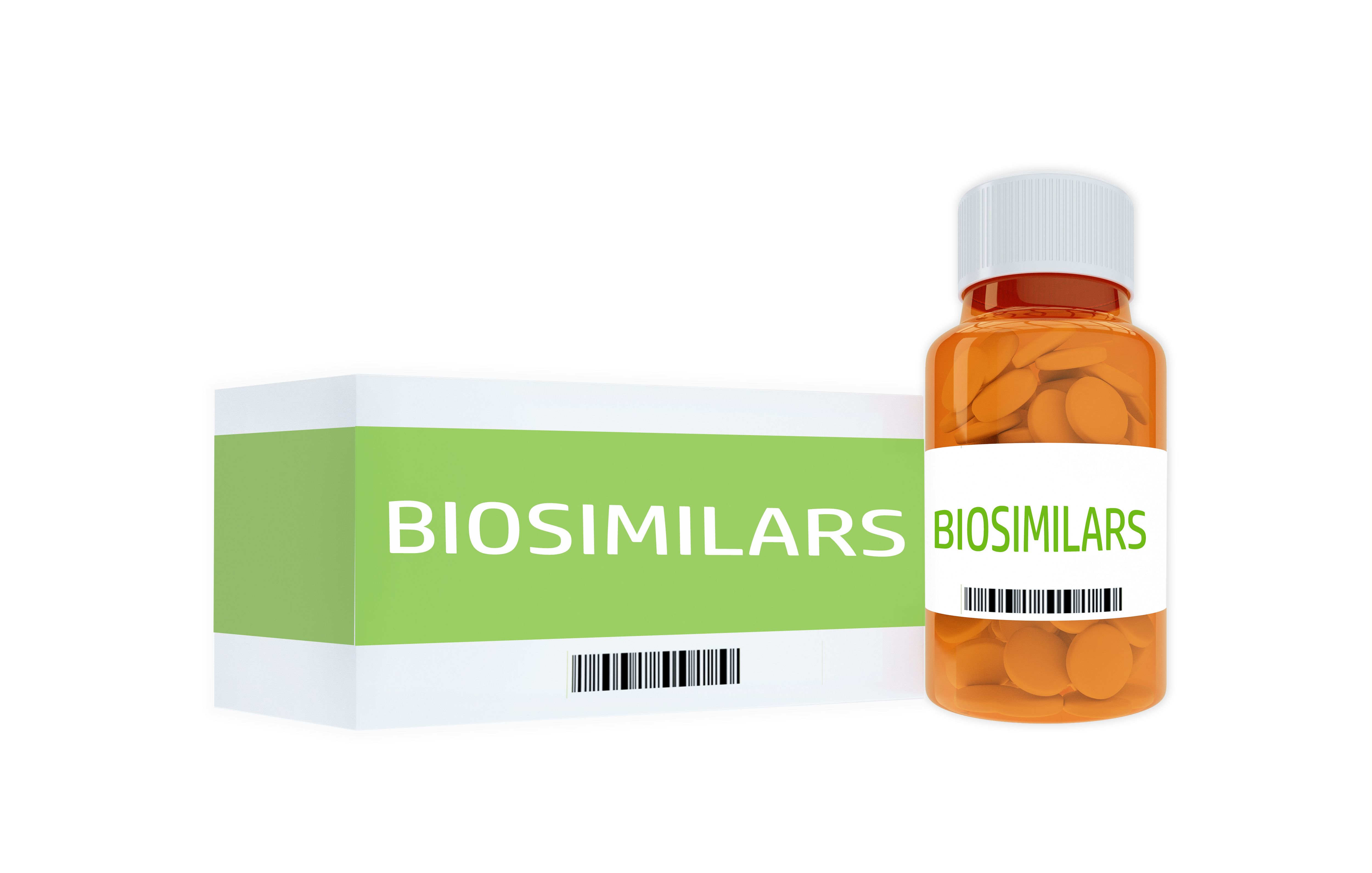News
Article
FDA Approves Eculizumab-Aeeb as Interchangeable Biosimilar for 2 Rare Diseases
Author(s):
Eculizumab-aeeb (Bkemv; Amgen) is approved for the treatment of paroxysmal nocturnal hemoglobinuria and atypical hemolytic uremic syndrome.
Updated May 29, 2024 at 12:50 pm
The FDA approved eculizumab-aeeb (Bkemv; Amgen) as an interchangeable biosimilar to eculizumab (Soliris; Alexion, AstraZeneca Rare Disease) for the treatment of paroxysmal nocturnal hemoglobinuria (PNH) to reduce hemolysis and atypical hemolytic uremic syndrome (aHUS) to inhibit complement-mediated thrombotic microangiopathy. Eculizumab-aeeb is a monoclonal antibody that binds to C5 protein and inhibits activation of the complement system, according to the news release. When binding, it prevents the breakdown of red blood cells for those with PNH and aHUS.1
Image Credit: hafakot - stock.adobe.com

Many rare conditions are life-threatening, and many do not have treatments,” Sarah Yim, director of the Office of Therapeutic Biologics and Biosimilars in the Center for Drug Evaluation and Research at the FDA, said in a news release. “The FDA is committed to help facilitate the development of safe and effective interchangeable biosimilar treatments that can expand access for individuals with rare diseases whose current treatment options are limited.”1
With an interchangeable biosimilar, eculizumab-aeeb is highly similar to the reference product and does not have any meaningful differences. In 2022, Amgen announced topline results from the DAHLIA study, showing that the immunogenicity and safety profile of both drugs were comparable.1,2
Th DAHLIA study was an active-controlled, double-blind phase 3 study that evaluated the efficacy, immunogenicity, and safety of the drug compared to Soliris for adults with PNH. The study met its primary endpoints based on the control of intravascular hemolysis measured by lactate dehydrogenase at week 27 for parallel comparison.2
The study included individuals who were previously treated with eculizumab for at least 6 months, with treatment randomized 1:1. Treatment was administered over 2 periods inkling a 52-week period and a 53-week period with a crossover in treatment for 26 weeks.2
For PNH, the most frequently reported adverse effects (AEs) included headache, nasopharyngitis, back pain, and nausea. For aHUS, AEs included headache, diarrhea, hypertension, upper respiratory infection, abdominal pain, vomiting, nasopharyngitis, anemia, cough, swelling in lower legs or hands, nausea, urinary tract infection, and fever, according to the news release.1
PNH is a rare disease, which can cause hemolytic anemia, hemoglobinuria, and somatic symptoms such as fatigue and shortness of breath, according to the National Library of Medicine. The occurrence is estimated to be as high as 15.9 individuals per a million individuals worldwide, with most patients ages ranging from 30 years to 40 years. Women are typically affected at a slightly higher rate due to the disease being a genetic mutation on the X chromosome.3
According to the National Organization for Rare Disorders, aHUS is characterized by hemolytic anemia and thrombocytopenia due to the kidney’s inability to process waste from the blood and excrete them into urine. It is estimated that 2 individuals per 1 million are effected by aHUS in the United States.4
Reference
FDA Approves First Interchangeable Biosimilar for Two Rare Diseases. News release. FDA. May 28, 2024. Accessed May 29, 2024. https://www.fda.gov/news-events/press-announcements/fda-approves-first-interchangeable-biosimilar-two-rare-diseases?utm_medium=email&utm_source=govdelivery
Gallagher A. Amgen Announces Positive Data for ABP959, Biosimilar Candidate to Soliris. Pharmacy Times. August 30, 2022. Accessed May 29, 2024. https://www.pharmacytimes.com/view/amgen-announces-positive-data-for-abp959-biosimilar-candidate-to-soliris
Shah N, Bhatt H. Paroxysmal Nocturnal Hemoglobinuria. [Updated 2023 Jul 31]. In: StatPearls [Internet]. Treasure Island (FL): StatPearls Publishing; 2024 Jan-. Available from: https://www.ncbi.nlm.nih.gov/books/NBK562292/
Noris M, Bresin E, Mele C, et al. Genetic Atypical Hemolytic-Uremic Syndrome. 2007 Nov 16 [Updated 2016 Jun 9]. In: Pagon RA, Adam MP, Ardinger HH, et al., editors. GeneReviews® [Internet]. Seattle (WA): University of Washington, Seattle; 1993-2016. Available from: https://www.ncbi.nlm.nih.gov/books/NBK1367/
Newsletter
Stay informed on drug updates, treatment guidelines, and pharmacy practice trends—subscribe to Pharmacy Times for weekly clinical insights.






